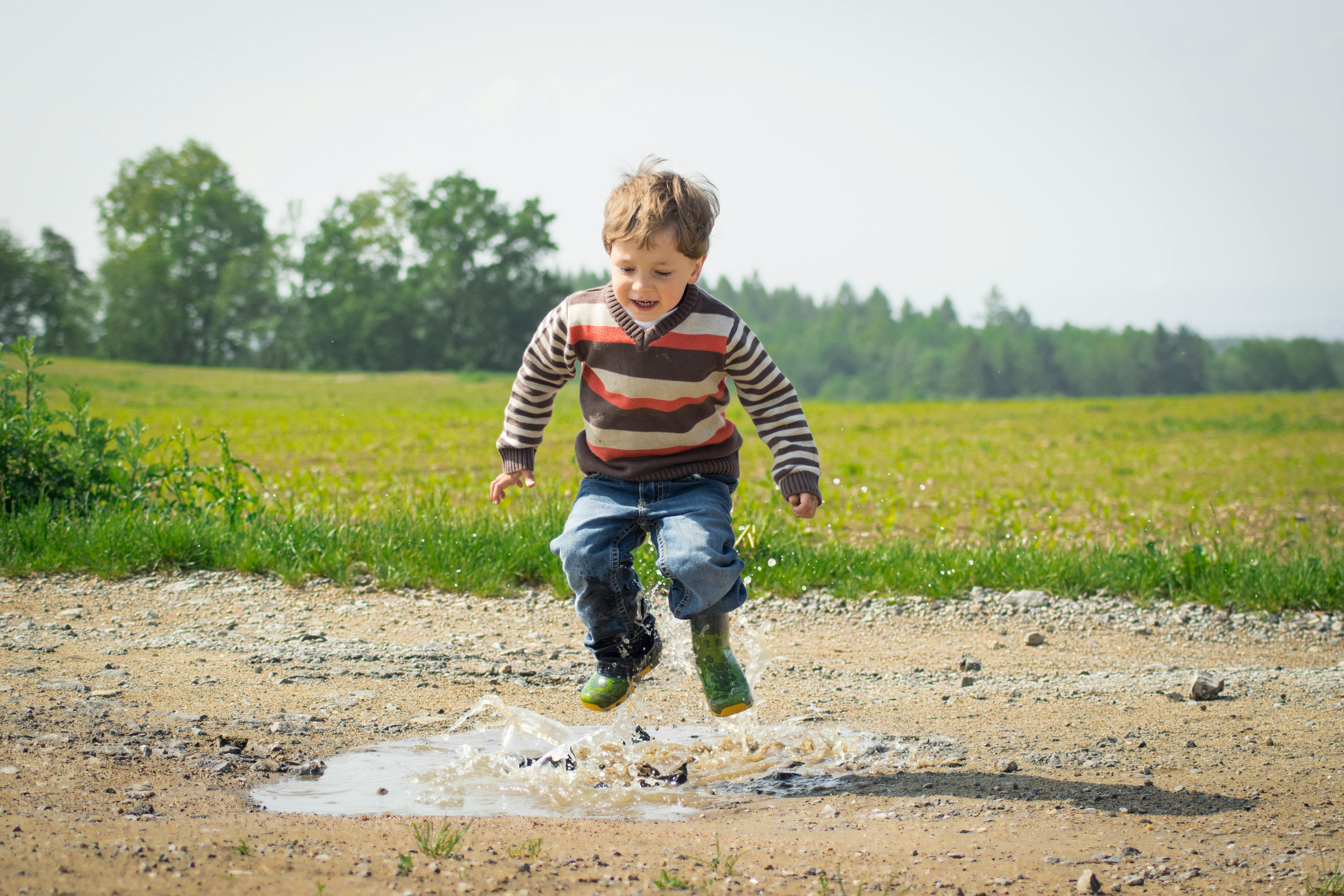
The importance of a children’s game
A child’s play is a very important part of children. Children want parents to be involved in their game. There should be a concerted effort on the part of the parents to set aside time to play with their child/children. Some parents need to start learning how to play with their child, even though the child’s game may be silly. These are the reasons for the importance of children’s games.
Play is a very important part of being a child. When playing, a child’s brain is at work. The brain is progressively influenced by the environment, what the child is exposed to or not, which has an impact on her life. Parents who regularly play with their child can pass on their family values and influence a child’s behavior and attitudes.
Keep in mind that children are born ready to learn. You will see this very clearly when you observe their imitation and learning process in their early years. Right now their mind is like an empty memory cache, whatever is fed to them will be stored in their memory. When my daughter is one month old, we play the imitation game. I stick my tongue out at her in front of her and she will do the same. As a baby, your learning process is primarily through parents or caregivers.
Parents must instinctively strive to provide the stimulation children need. When they are babies, the toys or the parents themselves (voice or movement) are for them the attraction and the stimulus.
The game is not serious. It should be a fun tool to learn. It must be fun for parents and children when they play. The simple game can be swinging a small child from left to right like a swing. Some examples are: Stacking wooden brick blocks together or the traditional peekaboo.
The game contributes to the emotional, physical and intellectual development of children. It is through play that the child learns to communicate, count and solve problems. How does the child learn the first words of her? It is through the game.
Playing with peers, siblings, parents, and other adults teaches a child to learn to get along with others and to respect rules and limits. This is especially important for social development.
The game also provides an invaluable window into the child’s personality. By watching how he plays, you can learn how he reacts to obstacles, wins, and failures.
The way of playing will provide parents with information about their children’s emotions, skills and preferred learning styles. Response to instructions can be checked through visual imagery, practice, and the audacity to try something unknown. Parents at this time will be able to use words of encouragement and praise to motivate the child. Always use positive words.
Playing with the child is also bonding. A child’s eagerness to involve you in his play is very evident when he is younger. Parents need to spend time focusing on playing with the child instead of trying to multitask on mundane tasks. Children easily detect a parent’s willingness and enthusiasm, so don’t create negativity or lack of response to your request. Bonding through the game requires constant effort. The results of such will be a special closeness that will grow stronger between the two as they grow.
Therefore, play is a very essential and important part of a child’s life. Playing helps the child to develop emotionally, mentally and physically and also creates bonds between parents and children. It is through play that a child’s aptitude and personality can be fully explored. Through play, social skills are also developed to help her become aware of other people around her life and learn to respect others.
